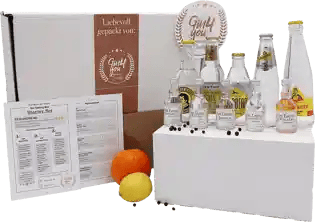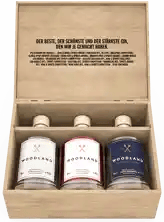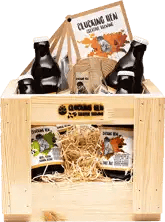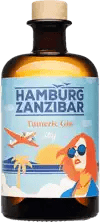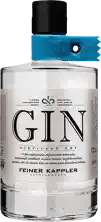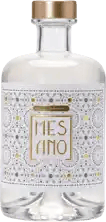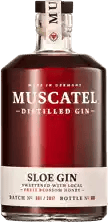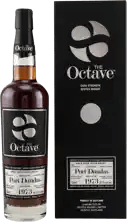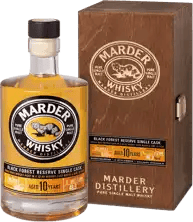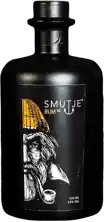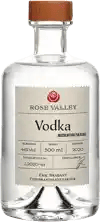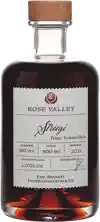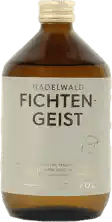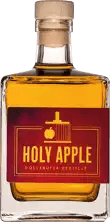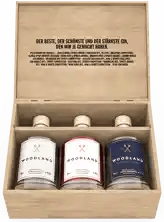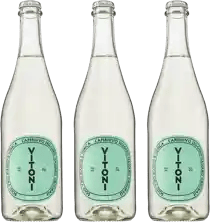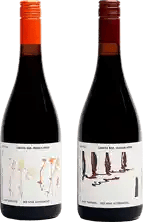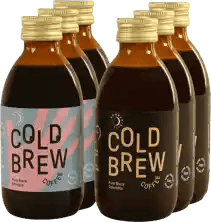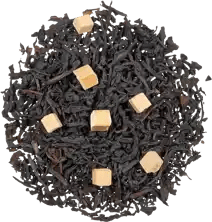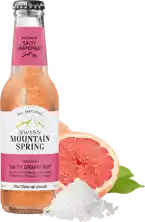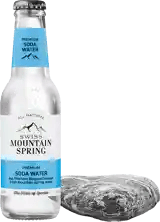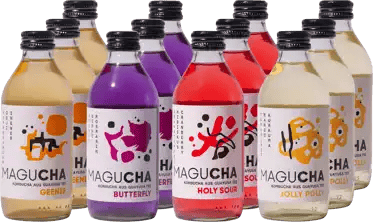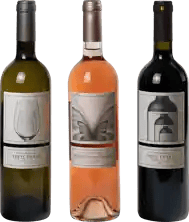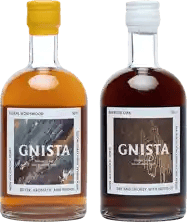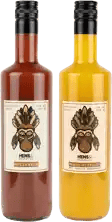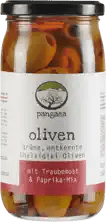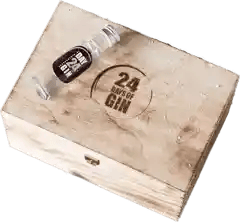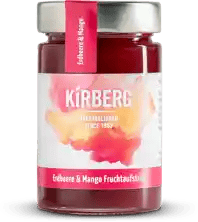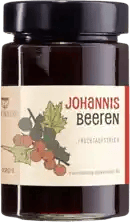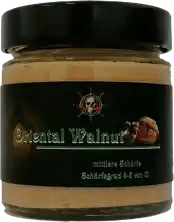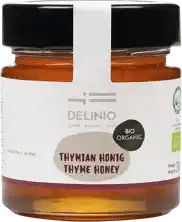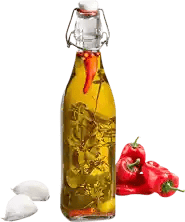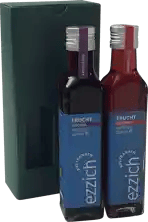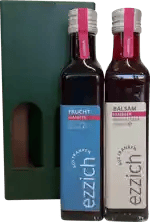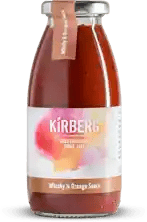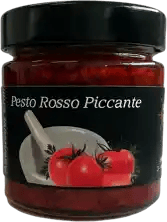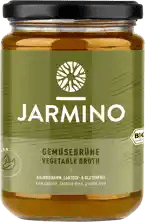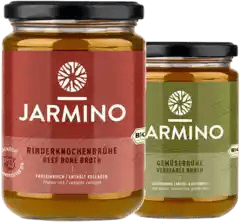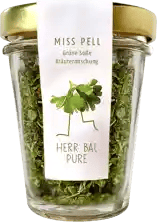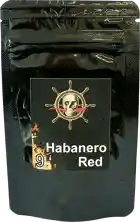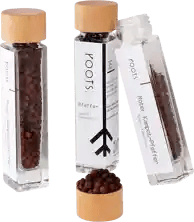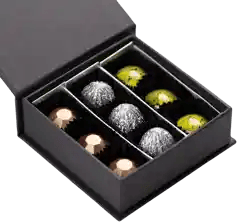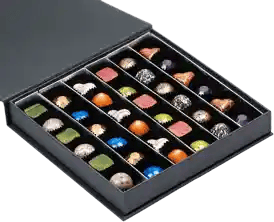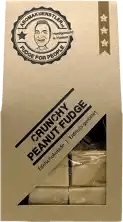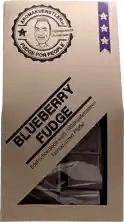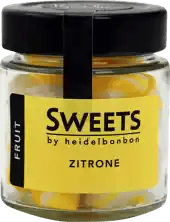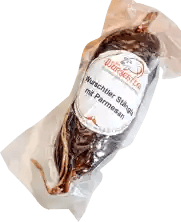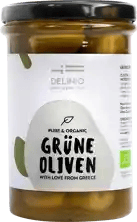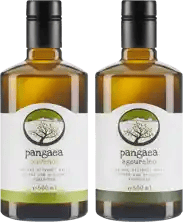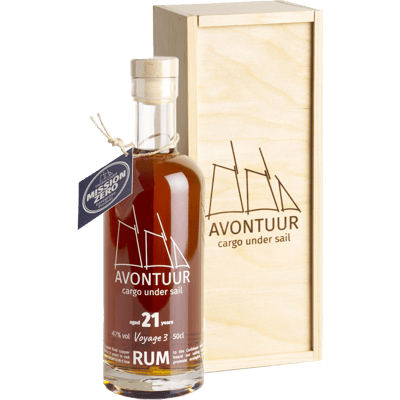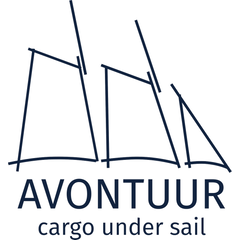




More information about Avontuur "Rum 21 years"
In a traditional copper still, our "AVONTUUR sailed Rum 21 years" was distilled on La Palma from the best sugar cane juice. Subsequently, the fresh Aguardente stored in oak barrels, which were already previously occupied by bourbon whiskey barrels. Together with the head of the distillery, José Quevedo, in January 2018, we chose our AVONTUUR specialty of 21-year-old rum and filled it into four Amarone red wine barrels.
Aged 4 months over 10,000 nautical miles, this AVONTUUR rum is on board our cargo sailing ship on a mission for environmental protection at sea. The "AVONTUUR Voyage 3 RUM 21 years" crossed the Atlantic twice from the Canary Islands to the Caribbean, via Honduras, Mexico, Azores to Northern Germany and is an ambassador for clean transport of goods by wind power.
The already strong, dark brown color, its aroma and taste were shaped by the cargo sailing.
Rum Agricole without any additives
From sugar cane juice, Canary Islands
Distilled: 1997 under the supervision of José Quevedo, La Palma
Sailed: 4 months and 10,000 nautical miles on the AVONTUUR across the Atlantic in Amarone red wine barrels
Bottled: 2018 - Edelkorn distillery Jos. Rosche Haselünne
| Location: | Elsfleth |
| Country: | Germany |
| Contents: | 0,5 Liter |
| Smell: | Bourbon, oak, sugar cane |
| Manufacturer: | Avontuur |
| Color: | dark brown |
| Ingredients: | Alcohol, water, sugar cane juice |
| Drink type: | Rum |
| Food companies: | TimberCoast GmbH, Steinstraße 15, 26931 Elsfleth, Germany |
Avontuur
Our story: During his more than 20 years of work experience in the shipping industry, Cornelius Bockermann was able to see for himself how we humans adversely affect our environment. With his company he carried out heavy transports for the oil industry. It was a lucrative business that earned him a lot of money, but it also made him aware of the impact that global transport shipping has on the oceans. More than 90 percent of global trade is handled by container ships, which are almost exclusively powered by heavy fuel oil. This fuel has long been banned on land and must be disposed of as hazardous waste. This makes the ocean giants quasi floating waste incinerators, for which there are only a few pollutant guidelines and which are subject to hardly any environmental obligations. It became clear to him that something had to change. He asked himself: How can companies and consumers be...
Read more
